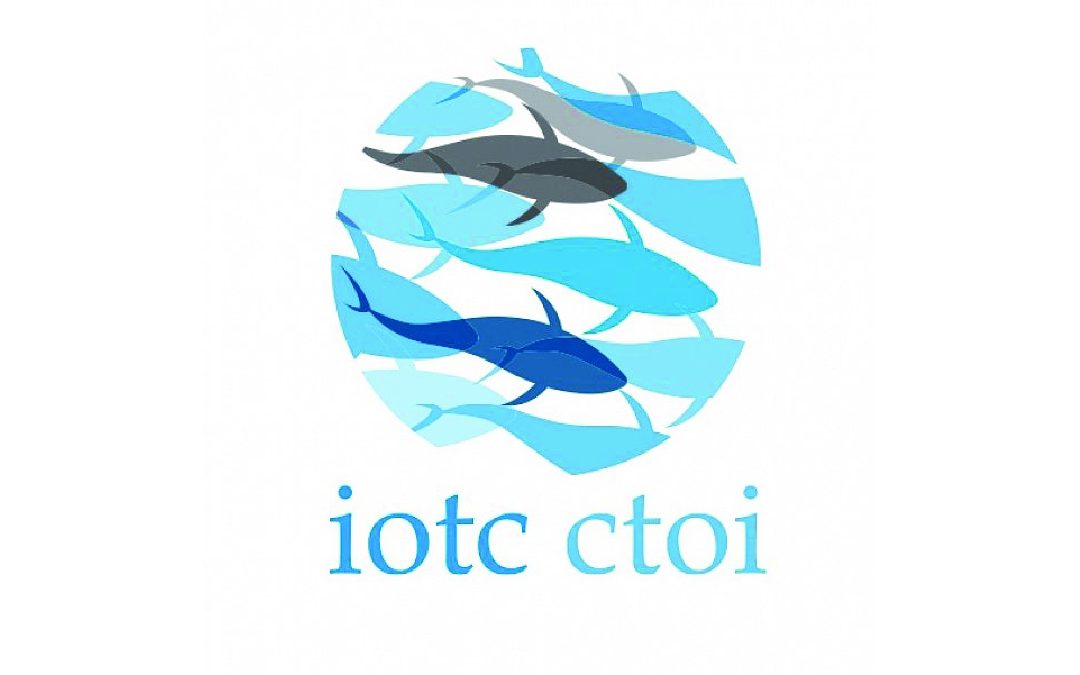MantaWatch is committed to sustainable fisheries that do not jeopardise the wellbeing of manta and mobula populations. Last week the Indian Ocean Tuna Commission’s Working Party on Ecosystems and Bycatch (WPEB) held their 14th meeting in Cape Town, South Africa. MantaWatch submitted a review of fishery impacts on mobulid ray populations that we hope will drive improved conservation and management measures within Indonesian Ocean tuna fisheries.
According to the IUCN Red List of Endangered Species, most members of the genus Mobula are vulnerable to extinction. Across all species, the most significant threats are overfishing and bycatch.
The Indian Ocean Tuna Commission (IOTC) is an intergovernmental organization that is responsible for the management of tuna and tuna-like species in the Indian Ocean. The IOTC promotes cooperation among its members to ensure the conservation and appropriate utilisation of fish stocks and to encourage the sustainable development of fisheries. Membership of the IOTC is open to any coastal states within the Indian Ocean region or any state that fishes for tuna in the Indian Ocean region, with 32 nations currently holding membership. Almost one-fifth of the world’s tuna is caught within the Indian Ocean.
At the 21st IOTC commission meeting in May 2017, the Maldives and Seychelles submitted a proposal for the conservation of mobula and manta rays caught in association with fisheries in the Indian Ocean. This proposal sought to prohibit all retaining onboard, transshipping, landing, storing, selling, or sale of manta or mobula rays caught within the IOTC Convention area, and to require vessels to ensure that these species were released unharmed from fishing gears. While the Report on the 21st Session of the IOTC shows that this proposal met with considerable support, nonetheless three IOTC member nations opposed the proposal, claiming insufficient scientific evidence demonstrating any interactions between surface fisheries and mobulid ray populations.
MantaWatch has been working to address these concerns with a number of partners. Together with WWF, Florida International University, Blue Resources Trust and Large Marine Vertebrates Research Institute, we compiled “A regional perspective on the Mobulid Ray interactions with surface fisheries in the Indian Ocean”. This report synthesizes the available information on interactions between tuna fisheries and mobulid rays in the Indian Ocean, and highlights the large number of target and bycatch landings that occur across the region.
As a result of this work the Report on the 14th Meeting of the WPEB makes two import recommendations to the IOTC:
- Data collection for mobulid rays should be improved, bycatch mitigation methods investigated, and safe release techniques and best practices implemented.
- Management actions, such as non-retention measures in the IOTC Area of Competence, should be implemented to enable mobulid ray populations to recover. Furthermore such measures should be implemented immediately.
Importantly, the WPEB also highlighted the potential use of bycatch mitigation techniques such as coloured lights on gillnets, and called for further scientific guidance on this issues. This has exciting implications for our work which is already investigating the scientific, economic and social feasibility of using light to reduce mobulid ray bycatch in small-scale fisheries.
The outlook is promising for mobulid ray populations in the Indian Ocean, and it is encouraging that scientists from the WPEB have shown strong support for this regional assessment developed by MantaWatch and our partners. Further work is now needed to ensure that fisheries have access to effective bycatch mitigation tools and techniques, and we look forward to continuing to work with these forward thinking organizations to advance this issue.


